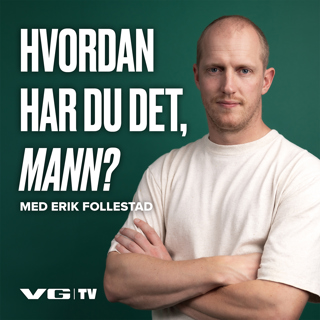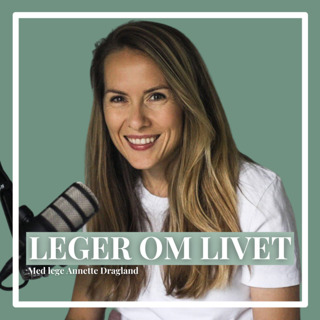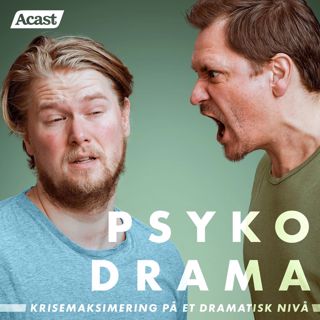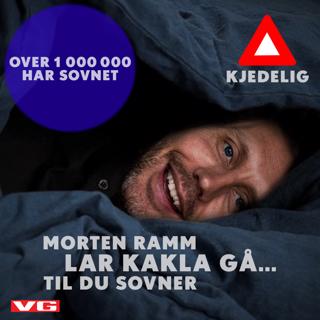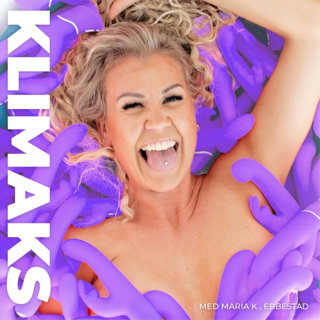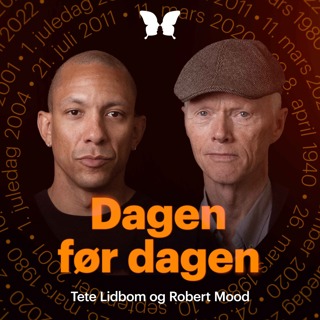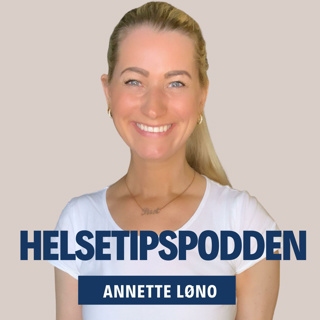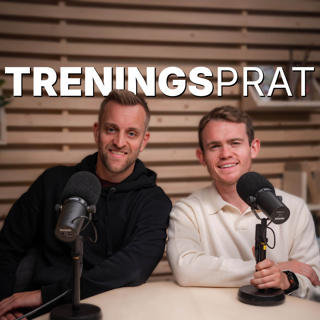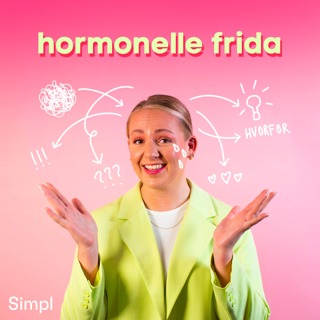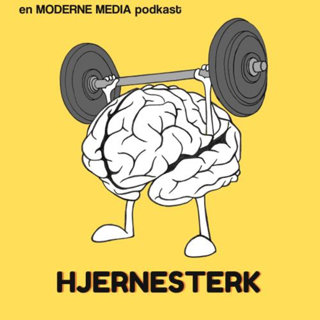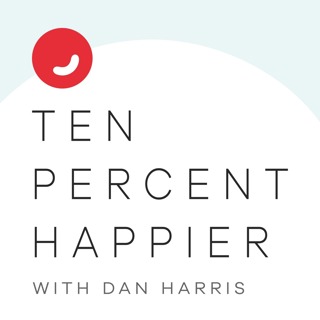
Paul Gilmartin, The Battles in Our Heads, Uncensored
Comedian Paul Gilmartin was the host of TV's "Dinner and a Movie" for 16 years, but smiling and acting happy on-screen often "felt like lifting 500 pounds," he said, as he struggled behind the scenes with depression and even contemplated suicide. When the show ended, Gilmartin launched "The Mental Illness Happy Hour" podcast, which he said has been a valuable outlet that allowed him to work through his claims of being sexually abused by his mother and helping others with their own personal struggles.
16 Mai 201858min
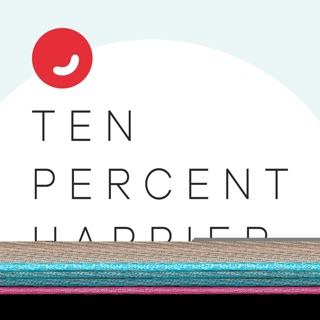
Thupten Jinpa, The Importance of Compassion - LIVE!
Dan Harris leads a conversation with Thupten Jinpa, the Dalai Lama's longtime English-language translator and a monk for over 25 years, about the uses for compassion meditation in today's culture in front of a live audience at the Asia Society in New York City. Their conversation was recorded on Feb. 15, 2018, one day after 17 people were killed when a gunman opened fire at Marjory Stoneman Douglas High School in Parkland, Florida.
9 Mai 20181h 27min

Catherine Price, Redefining Your Relationship with Your Phone
It was an "out of body moment," Catherine Price said, when she realized her newborn daughter had been looking up at her but she had been looking down on her phone, scrolling through antique door knobs on eBay. It led the "How To Break Up With Your Phone" author to redefine her connection to her device and she now offers her advice on how we can go from an "obsessive relationship" to a "friends with benefits" situation with our phones that's still enjoyable but establishes boundaries.
2 Mai 201855min

George Haas, Regulating the 'Fear Mind'
George Haas has worked as a filmmaker, an artist, a doorman at "every major nightclub in New York City" in the '80s, and now he's a meditation teacher in Los Angeles, but even his meditation journey has many turns. "What can I tell you, I'm a seeker," Haas said, as he described how a regular practice helped ease the psychological trauma of a "crappy childhood," got him sober and now he guides others through his attachment theory-based healing practices.
25 Apr 201847min

Ezra Klein, How We Interact with Politics Matters
Vox's editor-at-large and journalist Ezra Klein, formerly of The Washington Post, has made a name for himself as a political commentator, finding context within the chaos of our political scene and exploring the idea of what a political system would look like if created amidst tribalism. Klein, who hosts the popular podcast, "The Ezra Klein Show," also argues in our interview that it's important to take a step back from social media - Twitter, Facebook, SnapChat and others - and be mindful enough to ask if these things we are obsessed with checking are good for us.
18 Apr 20181h 24min

Janice Marturano, How to Be a Better Boss
Janice Marturano was a vice president at General Mills working on the Pillsbury merger deal in 2000 when she lost both her parents, and began a regular meditation practice as a way to soothe stress at work and in her personal life. Noticing the relief a daily practice brought her, and wanting to lead by example, she sought out a way to introduce mindfulness to her coworkers, and by the time she left General Mills to start the Institute for Mindful Leadership, she said more than 700 employees had completed mindfulness leadership training.
11 Apr 20181h 14min
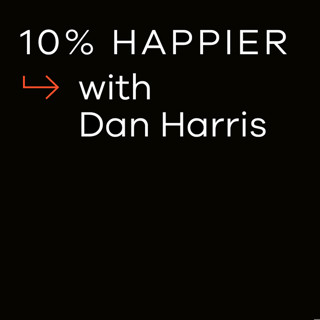
Daniel Pink, 'When' Can Make a Big Difference
"All of us in our lives make decisions about when to do things. 'When should I work out? When should I do this kind of work, when should I do that kind of work? When should I start a project, when should I abandon a project?' ... and the best time of day to do something depends on what that something is," said Daniel Pink, a New York Times bestselling author whose new book is called "When: The Scientific Secrets of Perfect Timing." Pink, who was trained as a lawyer and now runs his own company as an organizational management expert, argues that doing certain tasks either during the "peak, trough or recovery" periods of our energy levels, can be more effective, whether it's when to hold a meeting to get the best ideas or when to exercise to get a fulfilling workout.
4 Apr 20181h 7min

Andrea Petersen, Untangling from Anxiety
When author and Wall Street Journal reporter Andrea Petersen was diagnosed with an anxiety disorder at age 20, she was relieved to finally have a name for the thing that had controlled most of her life to the point where she feared walking up a flight of stairs or standing in line at the store. But understanding and overcoming her anxieties was a different odyssey, one she describes in "On Edge: A Journey Through Anxiety," a memoir she was inspired to write after interviewing college students about their mental health struggles.
28 Mar 201857min



